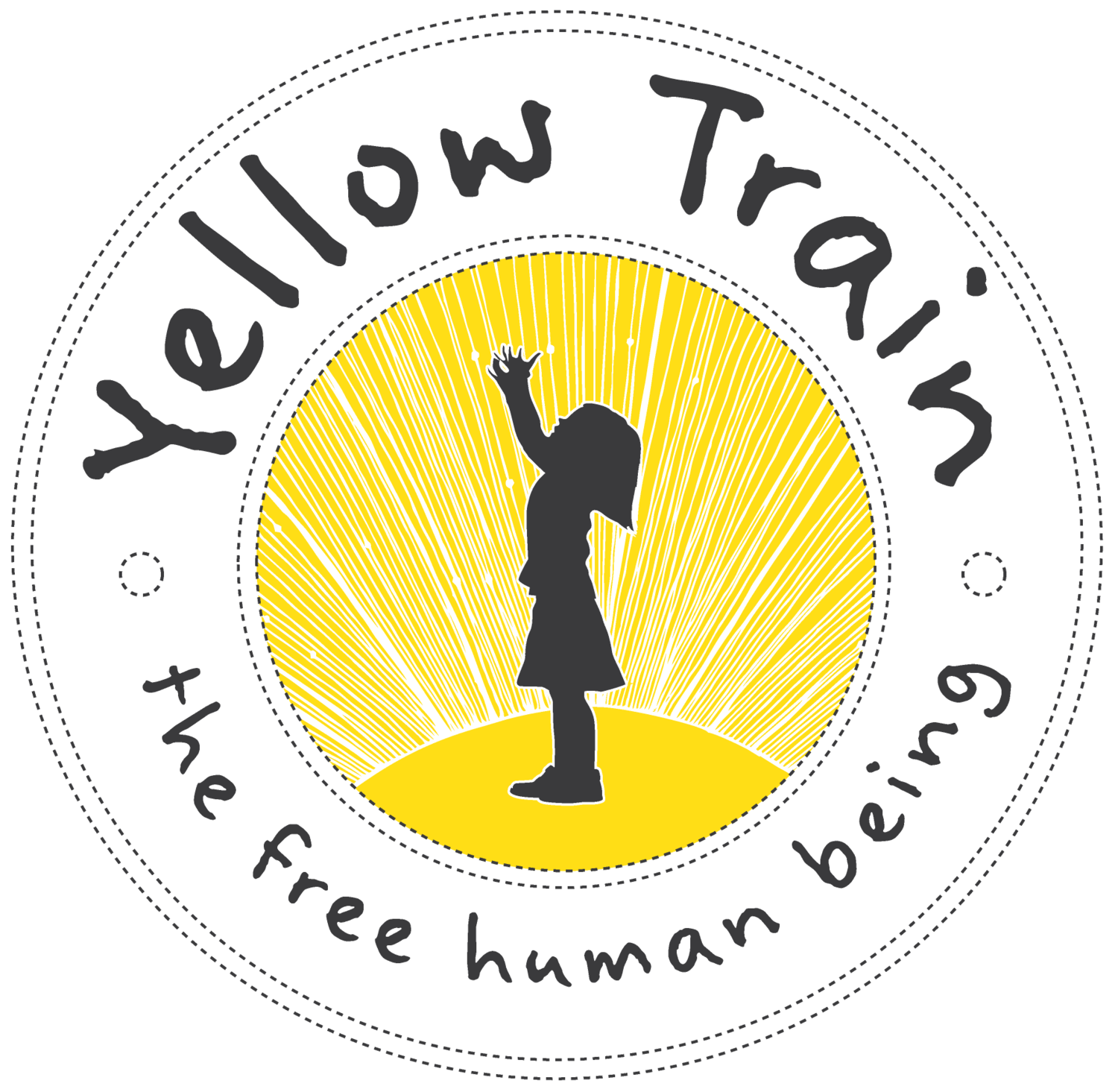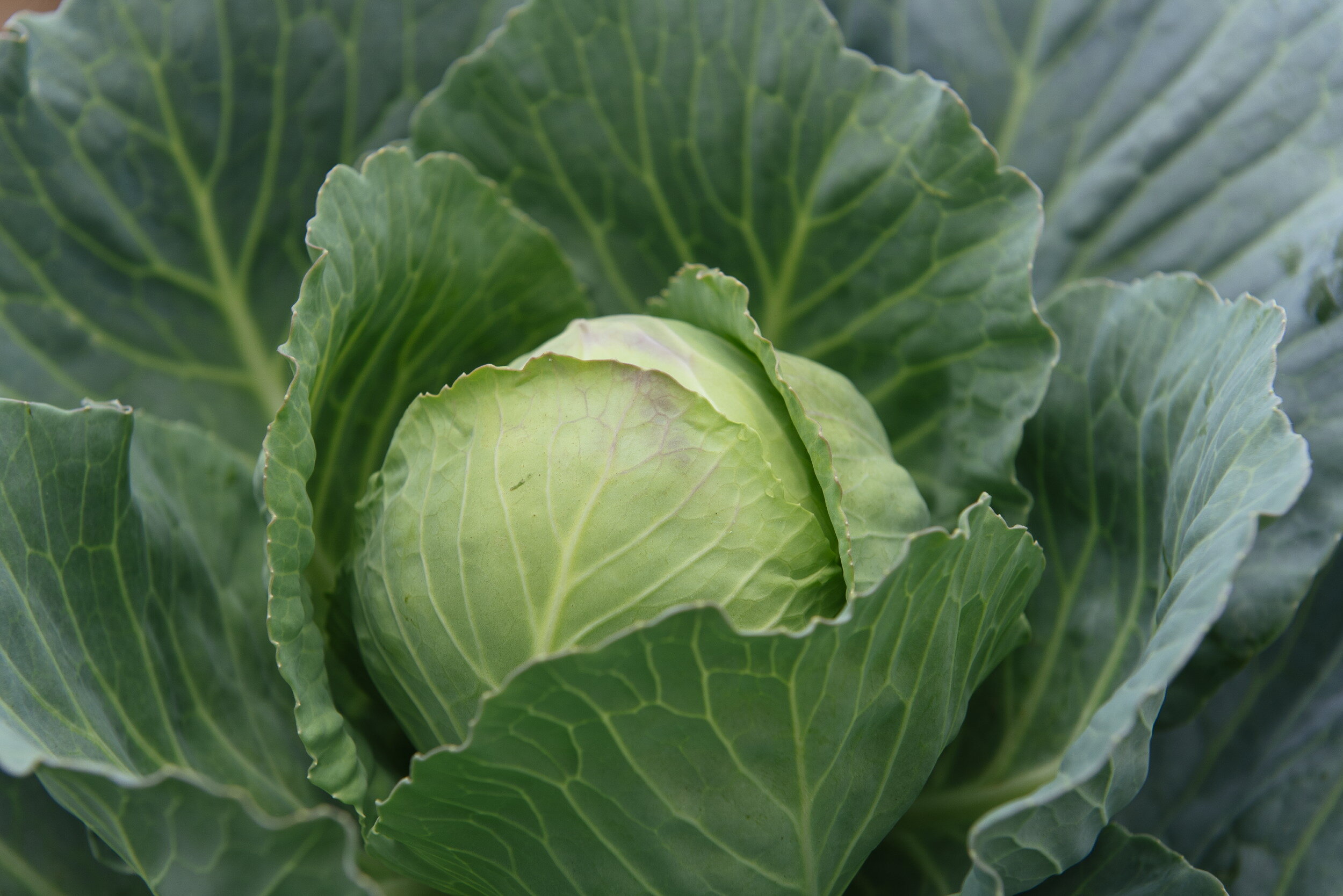Communing with Nature.
The Yellow Train Farm
The Yellow Train School is set on a lush, thriving farm and the entire school community lives in happy coexistence with farm animals. It is a common sight to see cows with tinkling bells, frisky goats, clucking fowls and chubby little ducks enjoying a leisurely walk on the school site, much to the delight and excitement of the children. Specific mornings are set aside for farm activities. “Will we wash the cows today Akka”? “I hope we are making more seed balls”, …. are some of the snippets heard from the children on their way to work at the farm. We also share our perfectly natural produce with the school community whenever possible. Hands on agriculture brings a deeper understanding of Sciences and the children experience for themselves, the efforts made by our farmers to feed us.
The campus has a total area of 15 acres cultivable area – which comprises of Fodder (Sorghum and Maize) for the livestock, the vegetable plot and the children’s favourite – the fruit orchard. Our children delight in spending time amongst the sapota, mango, jamun, lemon, coconut and many other indigenous fruit trees.
Planting trees and taking care of them is an act of nourishment, to the environment and to oneself. Mr. Shubendu from Miyawaki Afforestation Program initiated our Tree planting festival where our Parent Community planted over 500 trees in 2014. We continued with this tradition of planting over 500+ saplings as part of our celebrations towards the Middle and High School building inauguration in 2018.
The Yellow Train farm is home to 43 cattle of Gir, Kangeyam, Red Sindhi, Sahiwal and Gir Kangeyam cross breeds and 47 Salem black and boyer goats. Our children adore washing them for Pongal and have named some of them too: Komban, Simmba. The birth of a calf is an occasion to celebrate in school. The excited children are taken to the cowshed to behold the wonder of a newly born calf.
Peruvedai, Sithu vedai, Kinniee, Giriraja are the poultry breeds raised on the farms. They love to hold parallel meetings during our parent interactions and try their best to drown the voice of the speakers and…. are often successful!!!
Farming Classes
Children learn to recognize and distinguish different soil types, composting (from collecting leaves to the final product), utility and use of farming tools, milking and using cream separator, feeding cows, goats and hens, land preparation, sowing, nursery preparation, watering and harvesting. They are encouraged to collect seeds and make seed balls by which seeds can be dispersed all over effortlessly. Organic pesticide preparations like Neem asthra, Agni asthra, 3G are also introduced to young minds.
The children join in making organic nutrients like Panjagavyam, Jeevamirtham and most do not shy away from dipping their hands in cow dung and mixing the ingredients. Preparation of vermi-composting is also a fun activity in their weekly farm class. Horticulture practices of cutting, budding and grafting are demonstrated and taught to children of grades 8 and above.
The amazing concept of Zero budget natural farming (NBNT) -Subash Palekar method is also shared with the children in order to help develop a healthy consciousness about the effect of what they eat.
Respecting and appreciating the work our farmers do is role modeled and inculcated early in younger ones. Often, after spending time working with the soil and plants, tired yet appreciative, they vow to help the farmer “Annas” and “Akkas” when they grow up.























